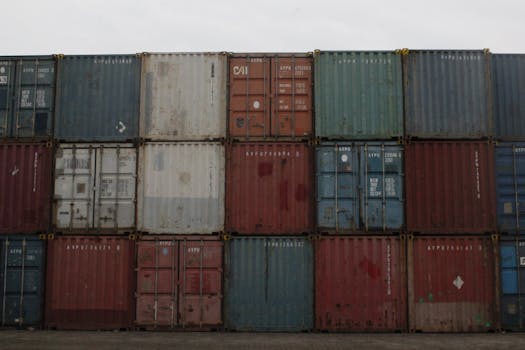Global Trade Impacts have been a trending topic as countries around the world grapple with the consequences of COVID-19 on international commerce. The pandemic has disrupted global supply chains, leading to shortages of essential goods and impacting businesses of all sizes. Many countries have closed their borders, imposed export restrictions, and implemented trade barriers in an effort to protect domestic industries and secure essential supplies.
The pandemic has highlighted the interdependence of nations in the global economy and the vulnerabilities of a deeply interconnected world. Countries that rely heavily on imports for essential goods such as medical supplies and food have been particularly affected by disruptions in global trade. The economic impact of the pandemic has been severe, with many countries facing recession and job losses as a result of the slowdown in global trade.
As countries look to rebuild their economies post-pandemic, there is a growing recognition of the need for greater resilience and diversification in supply chains. Many countries are looking to reduce their reliance on a few key trading partners and are exploring ways to promote domestic production and reduce vulnerabilities to future disruptions. There is also a push towards greater cooperation and coordination in trade policies to ensure the smooth flow of goods and services across borders.
In conclusion, the pandemic has brought to light the importance of global trade impacts on the economy and the need for countries to work together to address the challenges posed by disruptions in international commerce. As countries navigate the uncertain economic landscape post-pandemic, it is essential for policymakers to prioritize strategies that promote resilience, diversification, and cooperation in global trade. The future of global trade will undoubtedly be shaped by the lessons learned from the pandemic and the efforts of countries to build a more sustainable and inclusive global economy.

Leave a Reply